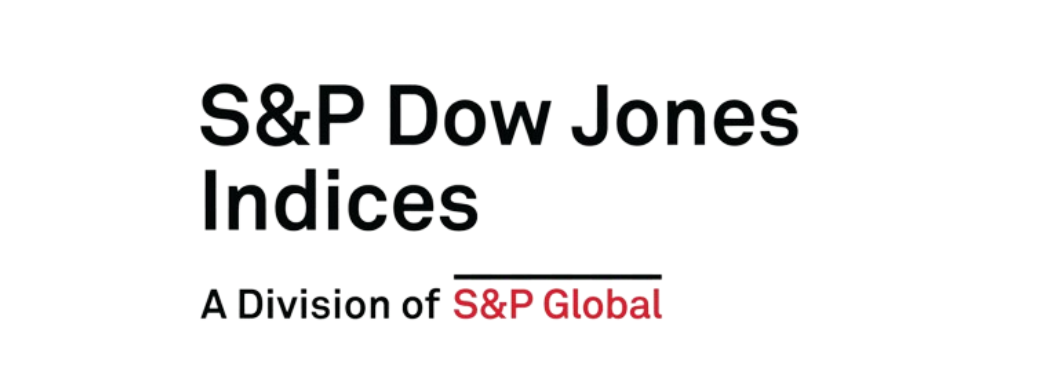Investors in DWS’s synthetic frontier markets ETF saw part of their investments written down to zero after Nigeria was excluded from the underlying index.
Due to the ETF’s synthetic structure, investors in the £68m Xtrackers S&P Select Frontier Swap UCITS ETF (XSFR) saw their investments written down as opposed to being sold and reinvested in the ETF.
This is common practice for physically replicated ETFs that own the underlying assets.
A synthetic ETF is built with a swap contract that uses a substitute basket to replicate the index, meaning they have less flexibility to trade the stock in such circumstances.
US-listed physical ETFs such as the iShares Frontier and Select EM ETF (FM) and the VanEck Africa Index ETF (AFK) currently hold Nigerian equities without any issues.
Nigerian equities accounted for 4.8% of the index before their removal during XSFR’s semi-annual rebalance on 1 November.
S&P Dow Jones Indices (SPDJI) decided to exclude Africa’s largest economy following liquidity issues in its foreign exchange markets.
“The constituents will be removed at a zero-price, given the distortion between the parallel and official exchange rates for the Naira and to facilitate index replicability,” it said in a market announcement.
DWS told shareholders the removal would impact the net asset value (NAV) and secondary market trading prices.
The German asset manager declined to comment further on the changes.
Nigeria has long faced US dollar shortages which have been compounded after foreign investors exited the market during a period of low oil prices.
There are signs liquidity in Nigeria’s foreign exchange market is improving with some foreign investors returning.




